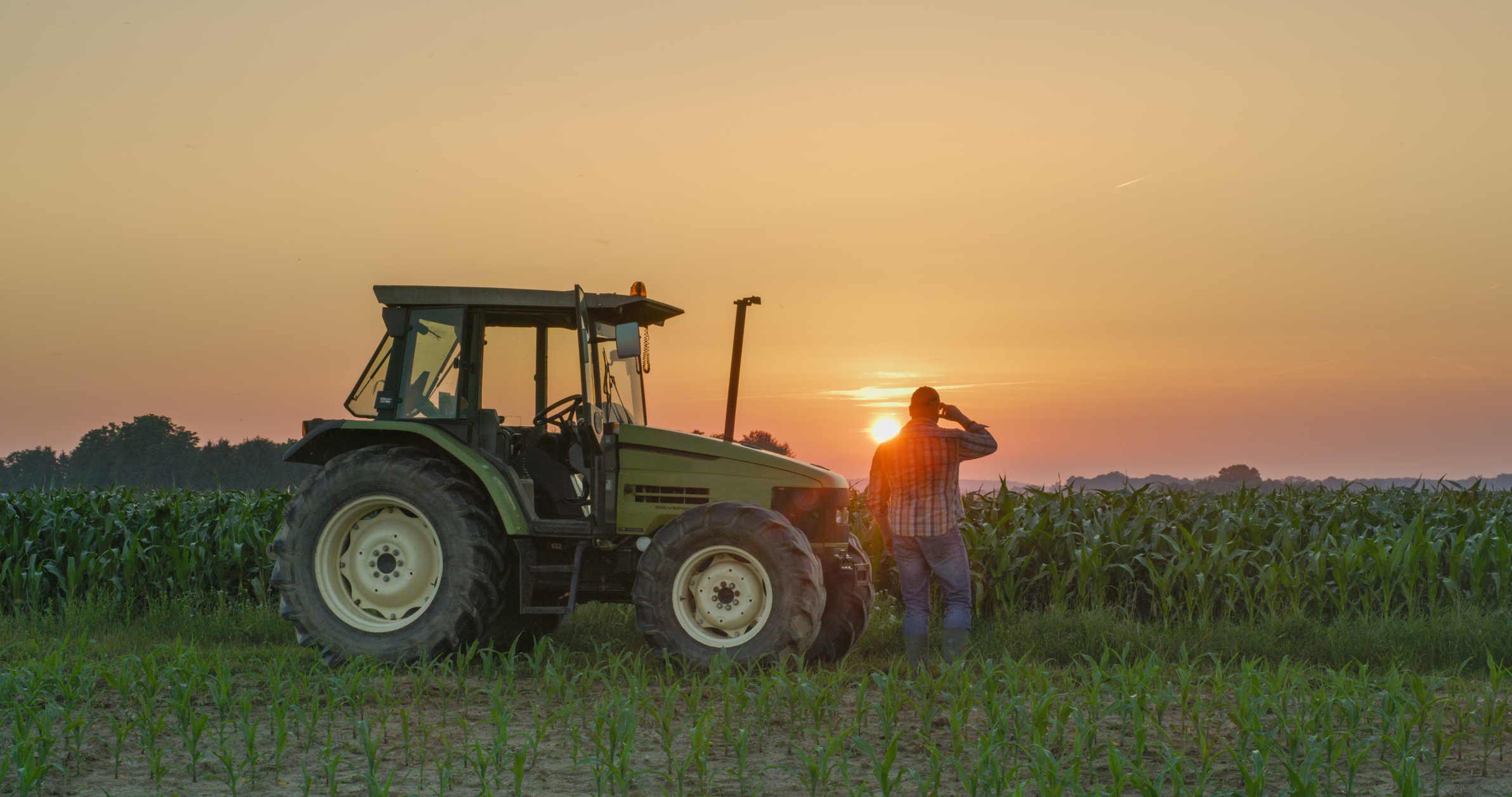
Recently, I had an interesting communication exchange with a younger farm couple. They have a traditional farm but also some innovative diversification activity going on. They have a well-defined vision and are making excellent progress.
Part of that communication included the following comments from the spouse, who is actively involved in the business.
She wrote: “It’s so easy to get caught up on what still needs to happen and so important to take a look back sometimes to see where we were. Just like you guys… you’re growing and doing it right, trailblazing the path of helping farmers and truly caring. Never lose that.”
It was nice to get her observation on our business. I should note that they are not clients of ours at this time. Her comments made me reflect on aspects of planning that I think are extremely valuable.
She’s right in commenting on the importance of taking time to reflect and observe the progress that’s been made. I suggest to farming families that they take time to look back at where they were five or 10 years ago and then compare that to the current state of the farm and family. In terms of visioning for the future, it can be a meaningful and valuable exercise to then take that past period and project it forward. With the same rate of growth that occurred in the past period extended forward, what will things look like in the future?
Bringing definition to the future can be interesting. It’s not easy. There are of course, two possible futures. There’s the future that will come to be simply as the seasons and years tick along — along the lines of it will be what it will be.
Then there’s the future that you can work to make it what you want it, or need it, to be. Let’s call that the designer future meaning that you will work to design what you want for your future. It establishes the basis for your vision.
I prefer the designer approach although that approach tends to be more challenging. How does the saying go? “It won’t be easy but a lot of things that are worth doing aren’t easy. It takes commitment, discipline and most important, confidence, that it’s all going to work out.”
This brings me to the three most important words in the above comment from the farmer. Never lose that. In other words, don’t let go of your vision. Let’s think about your vision using six “D” words.
Define
This D word is obvious. The vision needs to be defined. Without definition, how do you figure out what you’re working toward?
Difficult
Of course, it’s difficult. We’re talking about concepts and things that are not black and white or concrete. We’re also talking about future events that become difficult to understand and create context for.
Dream
It’s OK to dream. I suspect that everyone dreams. When it comes to a vision though, it’s critical that the vision just isn’t a dream.
Joel Barker stated that, “A vision without action is merely a dream. An action without vision just passes the time. But a vision with action can change the world.”
Discuss
One way to avoid having a vision lapse into a dream is to discuss your vision with others. Accountability is introduced with the discussion. Of course, discussing your vision with others can open you up to doubters; to those who find it easier to take the easy road and use “that will never happen” type comments. But then those people fall into the “what will be will be” future, where their futures are functions of what happens and not what they might be able to make happen.
Determine
Not letting go of a vision at all costs doesn’t make a lot of sense either. Well-executed strategies toward a defined vision require that steps are taken to evaluate (determine) progress being made, or not. It’s not ideal to simply march ahead blindly. Adjustments typically need to be made to even the best-defined vision.
Defend
Lastly, you can expect that you will be challenged to defend your vision. External forces can and likely will over time weigh heavily on your plans for the future. Internal forces (family) can sometimes be the harshest critics of what you envision for the future.
I had a vision 30 years ago to start and develop a farm business management consulting practice. I wrote (defined) my vision and included important planning components in a short strategic plan. I still have the documents and referred to them recently within an internal planning session. My vision has certainly evolved over time, as it should. But the foundation of the vision is unchanged.
There have been many times when I’ve had to work to hang on to the vision. And yes, I’m still working at it. Maybe some day, I’ll get there. But then, of course, I won’t. Because just when it feels like we have it figured out, another opportunity or challenge comes along, causing us to grip the reins of vision even tighter.
If you would like to speak to one of our consultants about this topic contact us.


